On This Day: Fletcher made his Man Utd debut; Lampard scored 4 goals in one game
NurdinAn 2019-03-12 19:15:16 评论
Hi all, welcome to All Football's On This Day! Let's find out what happened today (March 11th) in football history. If you have more stories and news that happened on this day in history, feel free to post them in the comment area and share them with AFers!
On this day in 2003, Fletcher made his Man Utd debut
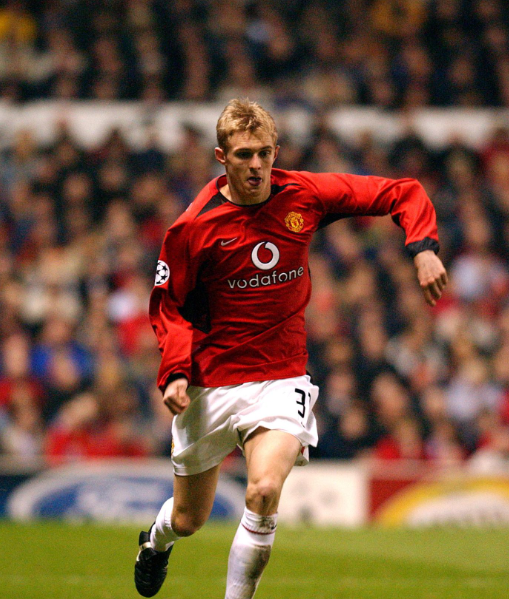
Fletcher made his first-team debut on 12 March 2003 – almost three years behind schedule – starting on the right side of midfield against Basel in the second group stage of the UEFA Champions League. He was substituted for David Beckham after 73 minutes.
On this day in 2008, Lampard became the first EPL midfielder to score 4+ goals in one game
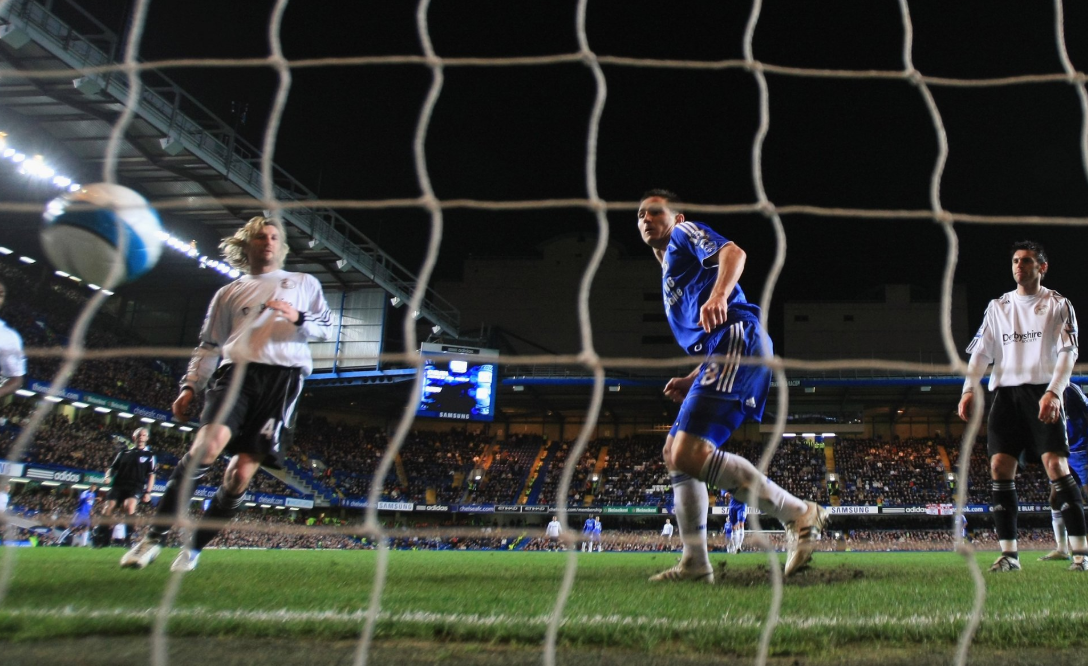
Frank Lampard became the first midfielder in Premier League history to score 4+ goals in one game in Chelsea's 6-1 victory vs. Derby
On This Day in 1900 - Revenge, Arsenal Style
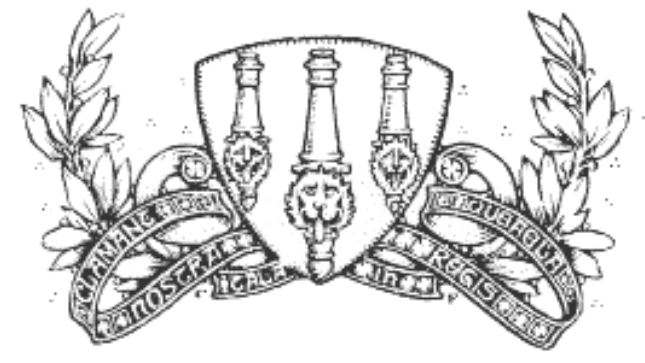
On 12 March 1900, Arsenal recorded their record league victory, a 12-0 win over Loughborough Town.
The match was a Second Division contest played at Arsenal's Manor Ground in Plumstead, southeast London. Arsenal, who were known at the time as Woolwich Arsenal, had beaten Loughborough 2-3 away nine days earlier, but the teams had some history--Loughborough had handed them their record league defeat, an 8-0 away loss, in December 1896.
Since then, Arsenal hired manager manager Harry Bradshaw, who took over in August 1899 and began to improve the club's fortunes. Bradshaw was on the sideline at the Manor Ground on 12 March when Arsenal got their revenge by pounding Loughborough 12-0. As it turned out, that was Loughborough's last season in the league. They finished dead last in the table and were not re-elected in the spring, then financial woes forced their dissolution later that year.
The win matched Arsenal's overall record, set in an FA Cup match against Ashford United in 1893, but was beaten by a friendly against a Paris XI in 1904, which Arsenal won 26-1. But the 12-0 victory over Loughborough remains their largest league win.
On This Day in 1973 - Pelé Comes To London
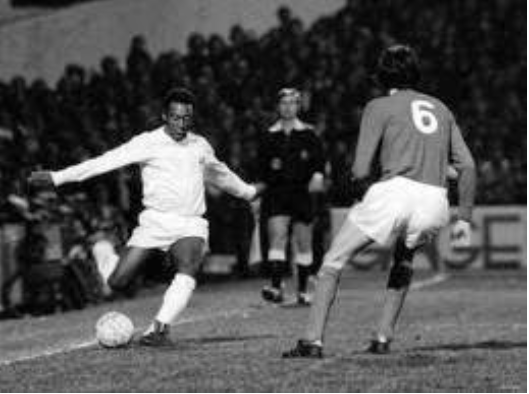
On 12 March 1973, Pelé and Santos FC visited London for a friendly against Second Division Fulham. And lost 2-1.
Although Pelé had been in England with Brazil for the 1966 World Cup, all of Brazil's matches had been played at Goodison Park, making the Fulham match his first in the English capital. His Santos teammates that day included fellow 1970 World Cup winners Carlos Alberto and Edú.
A season-high crowd of 21,464 turned out at Craven Cottage for the game. Pelé, who was already an established international star, was the center of attention, receiving rounds of applause every time he touched of the ball. But Edú turned in the most impressive performance for the visitors with a combination of speed and style.
Santos went ahead with a penalty kick from Pelé, who slipped the ball past Fulham keeper Peter Mellor, but the Cottagers fought back. Midfielder Alan Pinkney, not generally known as a scorer, provided the equalizer, while striker Steve Earle scored the winning goal. It was a hard-fought victory for the hosts; post-match reports described the Fulham players as looking exhausted, while the Brazilians appeared to have barely broken a sweat.
Afterward, a dispute arose between the two clubs, as Santos believed that Fulham had short-changed them on their percentage of the gate. Any animosity between Fulham and Pelé did not last, though, as he later went on to scout for the club in 2002.
On This Day in 1881 - His Selection Was Elementary
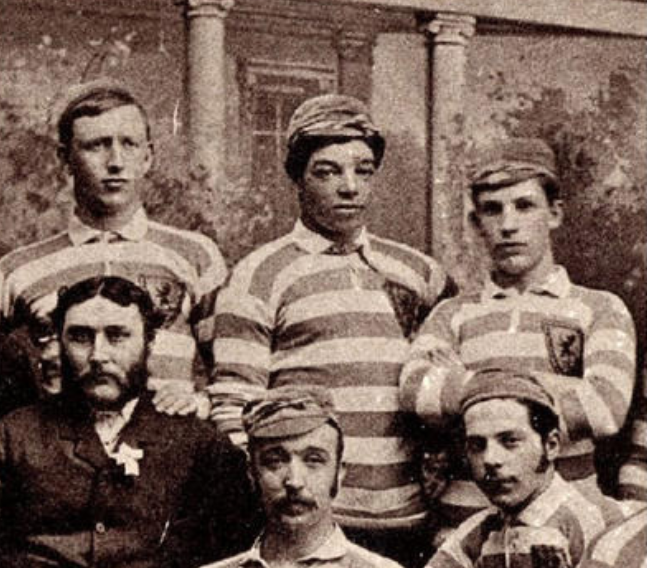
On 12 March 1881, Queen's Park fullback Andrew Watson became the world's first black international footballer when he received his first cap for Scotland.
Born in British Guiana as the son of a Scottish sugar planter, Watson (pictured, center) enrolled at the University of Glasgow where his studies included math and engineering. While there, he developed a love of football.
He first played for Maxwell FC, then Parkgrove FC and, eventually, Queen's Park (he also served as a club administrator for the latter two). While at Queen's Park, he earned high accolades, with the 1880-81 Scottish Football Association Annual calling him "one of the very best backs we have; since joining Queen's Park has made rapid strides to the front as a player; has great speed and tackles splendidly; powerful and sure kick; well worthy of a place in any representative team."
He got his first call-up to the national team for a friendly against England, captaining Scotland in their 6-1 win. He earned two other caps in his career; both were victories as well.
After retiring in 1887 after spells with Swifts, Corinthians, and a second stint at Queen's Park, Watson moved to Australia, remaining there until his death in 1902.
- 消息参考来源: All Football
- 严禁商业机构或公司转载,违者必究;球迷转载请注明来源“懂球帝”
- 懂球帝社区规范:抵制辱骂

